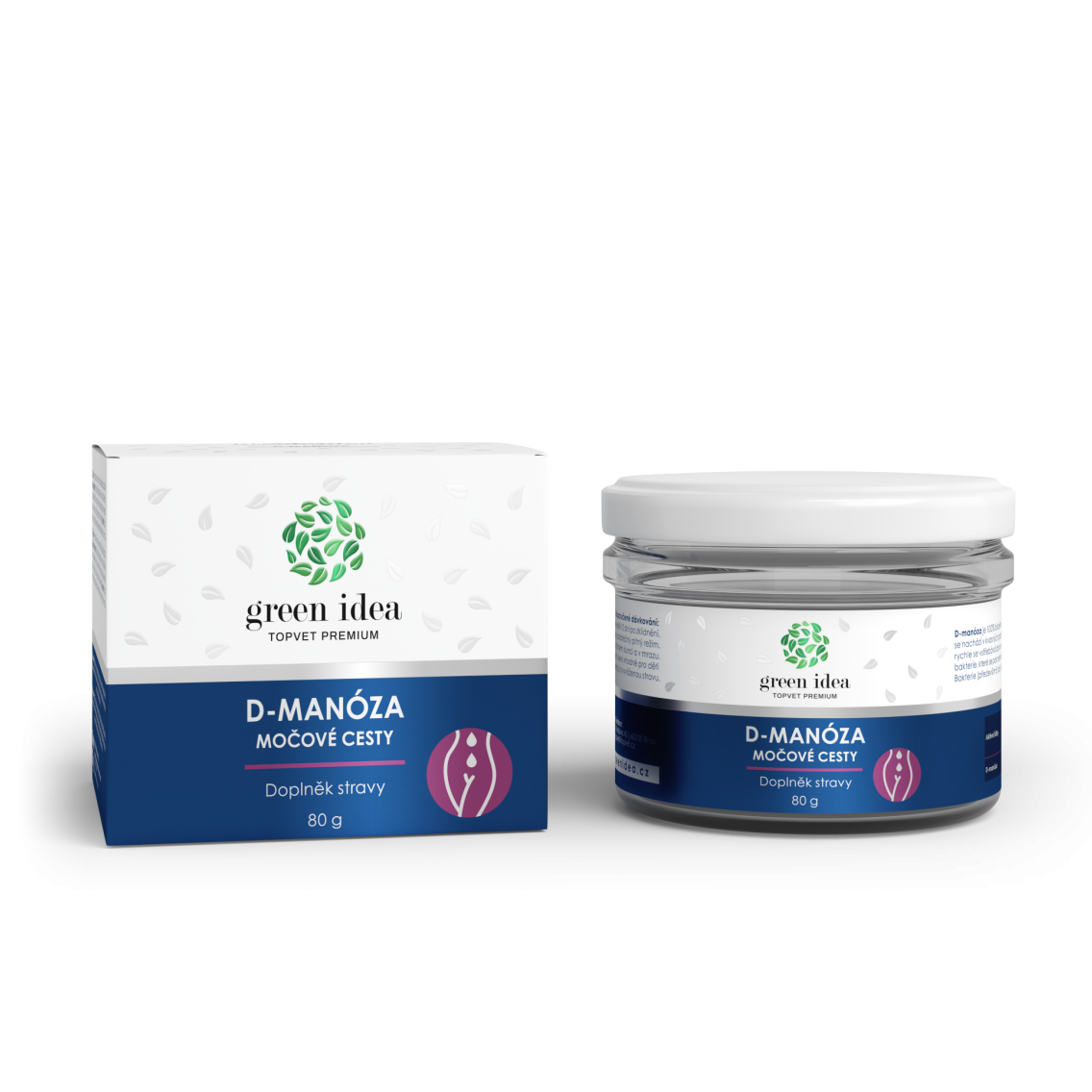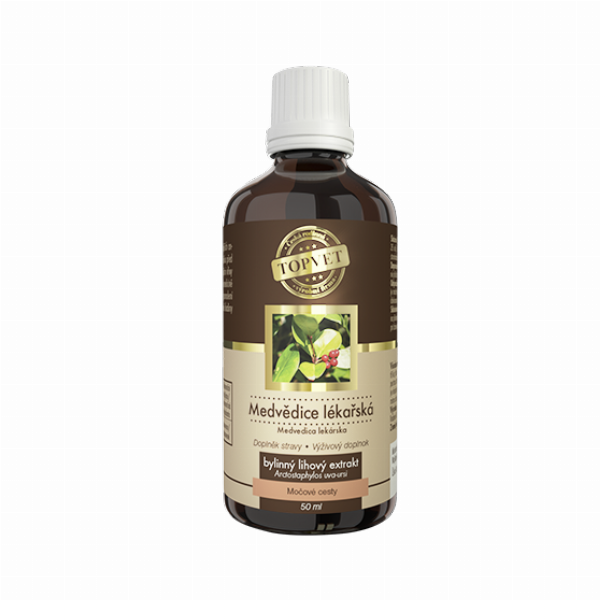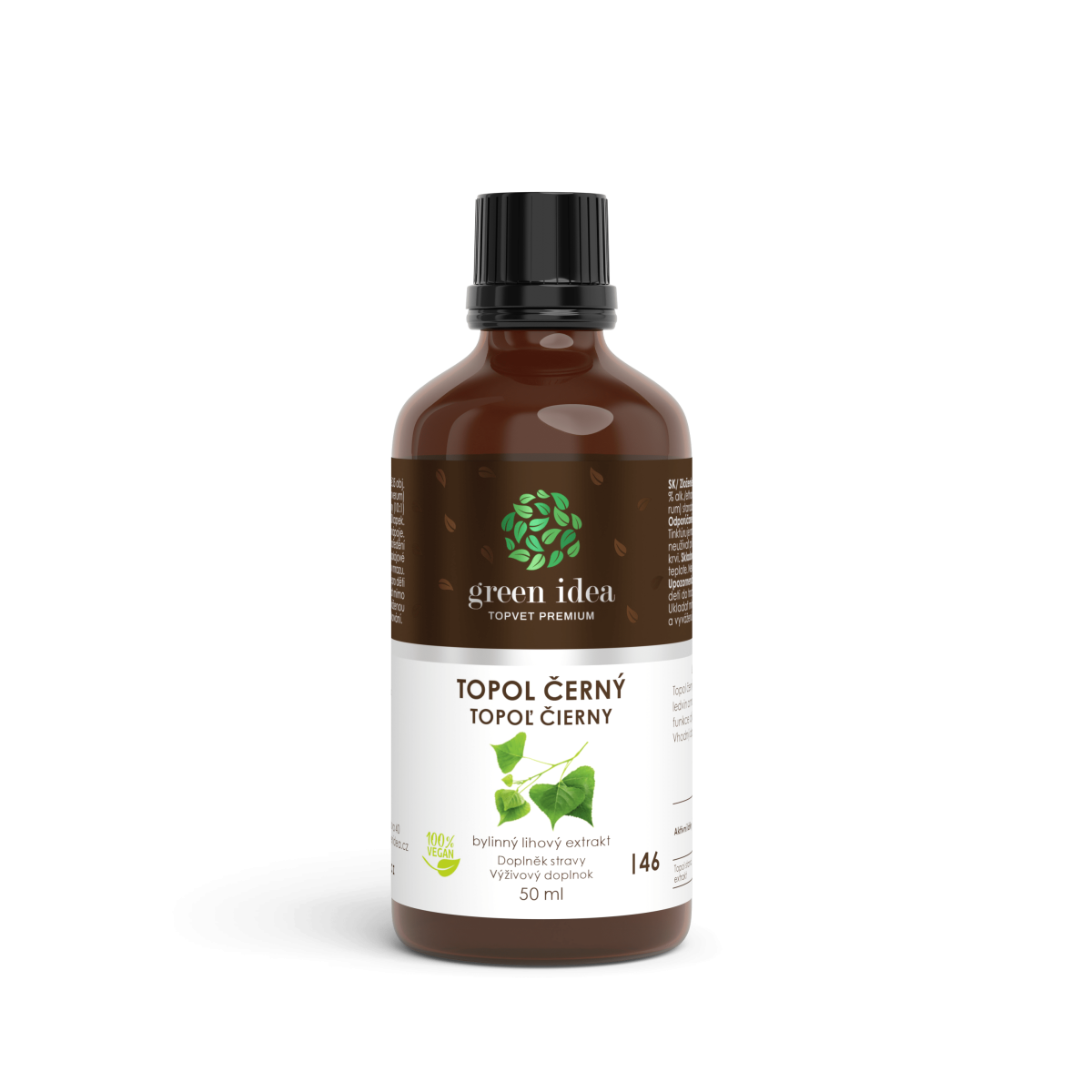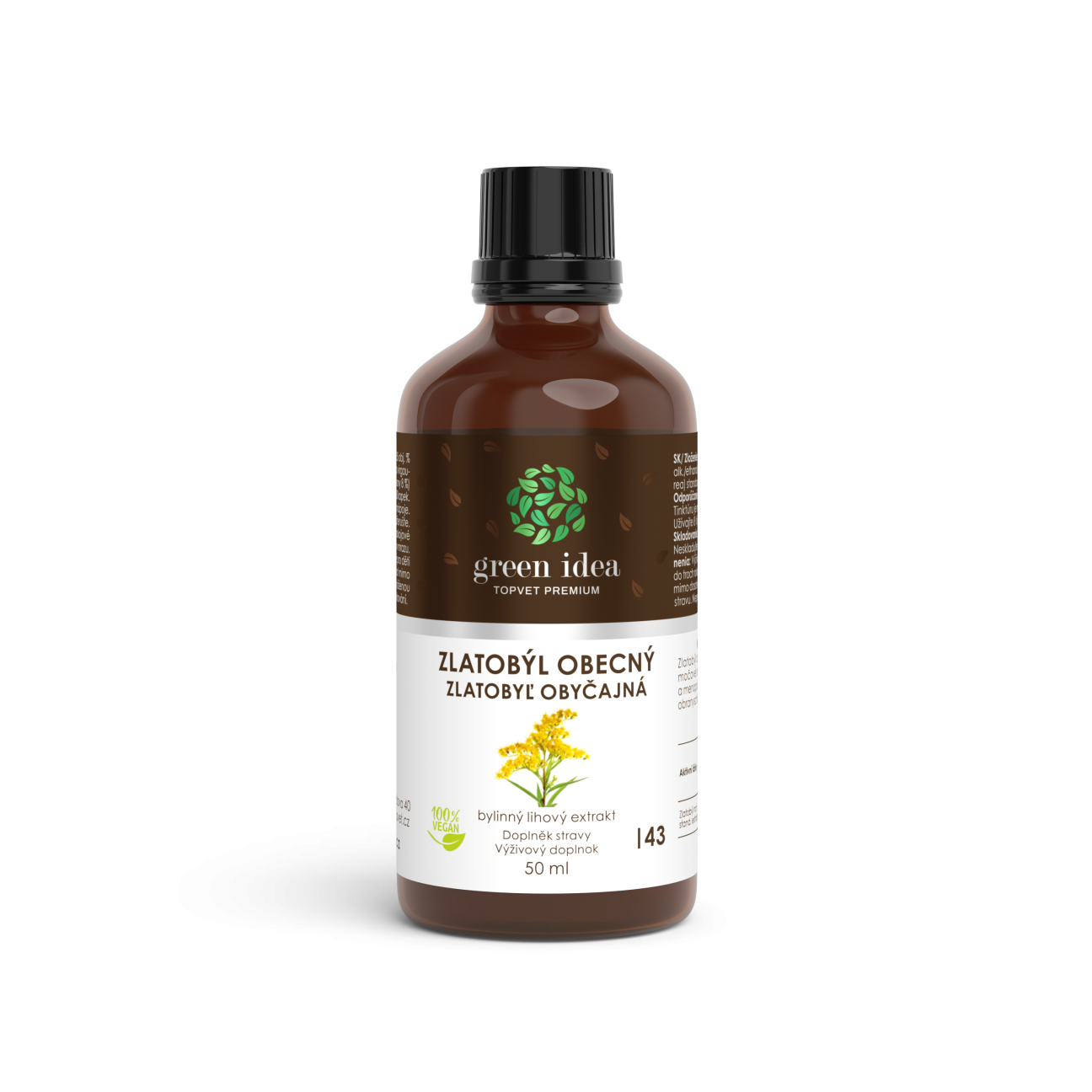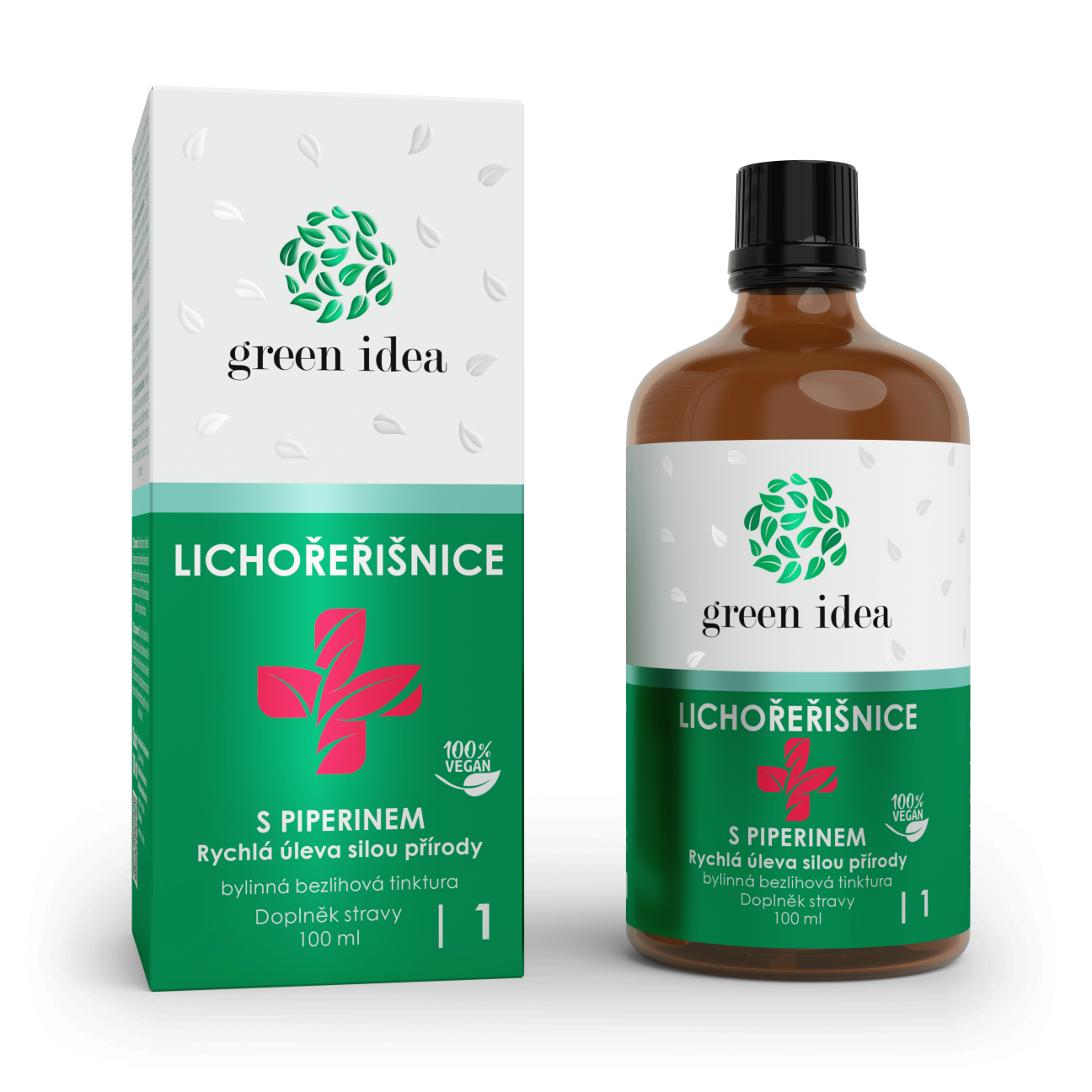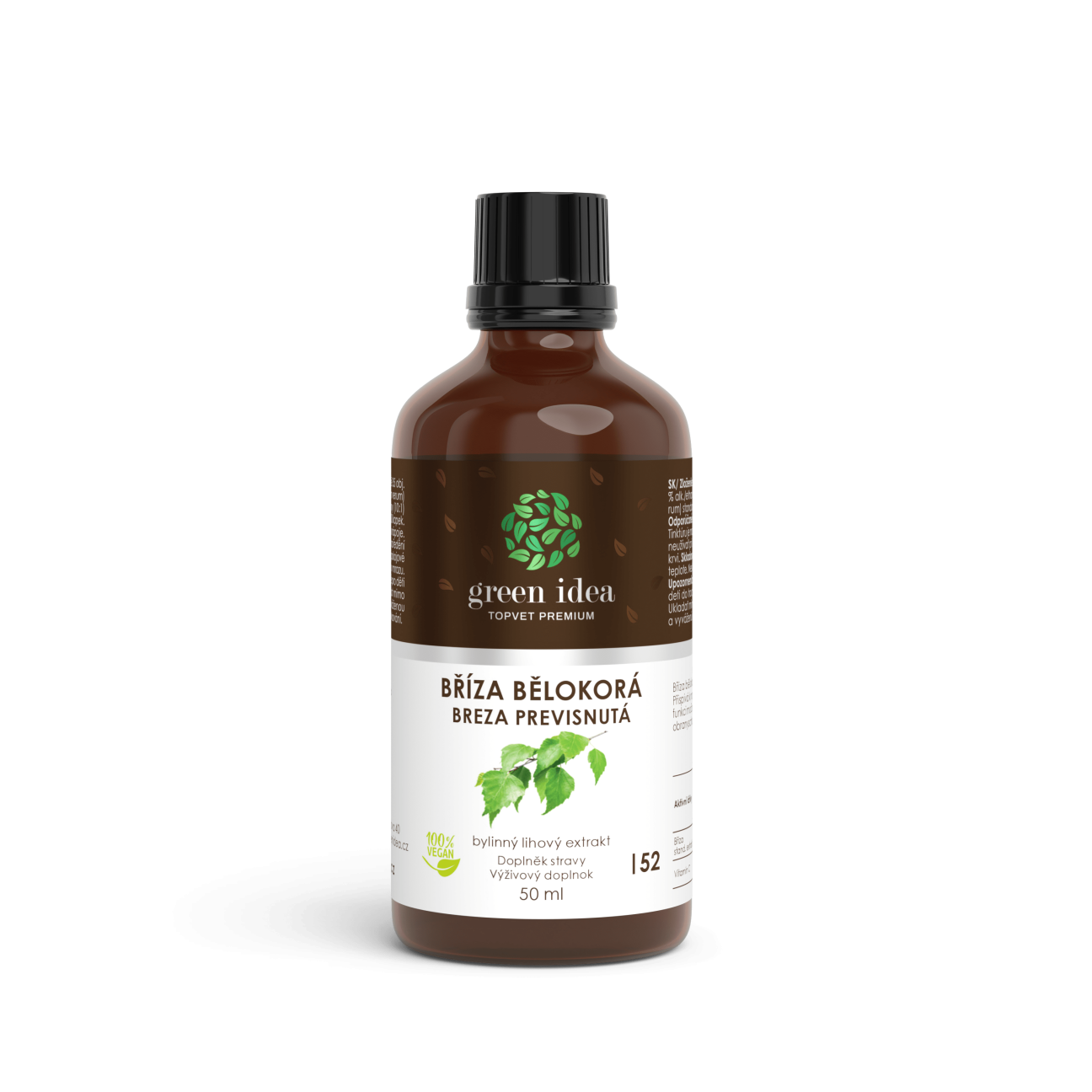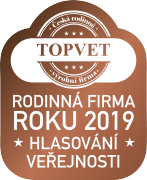D-MANNOSE
For the urinary tract problems
Main categories / Food supplements / Capsules
| Manufacturer: | Green idea |
| Packaging: | 80 g |
| Type: | dietary supplement |
| Warranty: | 2 years |
| Code: | 60688 |
| EAN: | 8595643606884 |
| Availability: | in stock |
Description
D-MANNOSE
Urinary tract
Food supplement
D-mannose is a 100% bioactive simple sugar that occurs naturally in the body. In nature, it is found in fermented products and in some types of fruit. D-mannose is indigestible for the body, it is quickly absorbed into the blood and is subsequently filtered into the urine by the kidneys. Bacteria "bind" to each other in the urine, which then cannot attach to the bladder mucosa and are washed out of the body with the urine. Bacteria (primarily E coli) are the cause of frequent urinary tract and bladder problems.
Active substances:
|
|
One dose |
Daily dose |
% RDI |
|
D-mannose |
2 g |
4 g |
Not determined |
Ingredients: D-mannose - white, odorless crystalline powder
Recommended dose: dissolve 2 g (teaspoon) in a glass of water. Use twice a day. Continue to use for 10 days after symptoms subside. The powder has a sweet taste but does not raise blood sugar levels. Maintain a sufficient drinking regime.
Storage: Store in a dry place at room temperature. Do not store in direct sunlight or in frost.
Warning: Food supplement. Do not exceed the recommended daily dose. Not suitable for children under three years of age, pregnant and breastfeeding women. Keep out of reach of children. It does not replace a varied and balanced diet.
Country of origin: China
Manufacturer: Green idea s.r.o., Vodova 40, Brno 612 00, Czech Republic
tel.: +420 541 232 435, e-mail: info@greenidea.cz, www.greenidea.cz
Food supplement - definition according to the law
A food supplement is a food intended to supplement a normal diet and which is a concentrated source of vitamins and minerals or other substances with a nutritional or physiological effect, contained in the food alone or in combination, intended for direct consumption in small measured quantities.
The effectiveness of the product and quality assurance are not assessed when approving food supplements. However, the manufacturer must not make false claims about the effect of the product (prohibition of misleading the consumer). He must be able to prove the declared effects at any time. Food supplements must meet all applicable food standards. Their observance is checked by the State Agricultural and Food Inspection Authority (CAFIA).
Food supplements must not be marked on the packaging with a therapeutic indication (nor must they indicate a cure or prevention of disease), which is reserved for medicinal products only. However, beneficial effects on the user's health may be mentioned - so-called health claims. The same goes for advertising.
It must also not state or imply that a balanced and varied diet cannot provide sufficient nutrients.
Description
D-MANNOSE
Urinary tract
Food supplement
D-mannose is a 100% bioactive simple sugar that occurs naturally in the body. In nature, it is found in fermented products and in some types of fruit. D-mannose is indigestible for the body, it is quickly absorbed into the blood and is subsequently filtered into the urine by the kidneys. Bacteria "bind" to each other in the urine, which then cannot attach to the bladder mucosa and are washed out of the body with the urine. Bacteria (primarily E coli) are the cause of frequent urinary tract and bladder problems.
Active substances:
|
|
One dose |
Daily dose |
% RDI |
|
D-mannose |
2 g |
4 g |
Not determined |
Ingredients: D-mannose - white, odorless crystalline powder
Recommended dose: dissolve 2 g (teaspoon) in a glass of water. Use twice a day. Continue to use for 10 days after symptoms subside. The powder has a sweet taste but does not raise blood sugar levels. Maintain a sufficient drinking regime.
Storage: Store in a dry place at room temperature. Do not store in direct sunlight or in frost.
Warning: Food supplement. Do not exceed the recommended daily dose. Not suitable for children under three years of age, pregnant and breastfeeding women. Keep out of reach of children. It does not replace a varied and balanced diet.
Country of origin: China
Dietary supplement - definition according to law
A food supplement is a food whose purpose is to supplement a normal diet and which is a concentrated source of vitamins and minerals or other substances with a nutritional or physiological effect, contained in the food alone or in combination, intended for direct consumption in small measured quantities.
Product effectiveness and quality assurance are not assessed when approving dietary supplements. However, the manufacturer may not declare false claims about the effect of the product (prohibition of misleading the consumer). He must be able to document the declared effects at any time. Dietary supplements must meet all applicable food standards. Their compliance is checked by the State Agricultural and Food Inspection (SZPI).
Dietary supplements may not be marked with a medical indication on the packaging (nor may they indicate the cure or prevention of diseases), which is reserved only for medicines. However, beneficial effects on the health of the user may be stated - so-called health claims. The same applies to advertising.
It must also not be stated or implied that a balanced and varied diet cannot provide sufficient nutrients.



